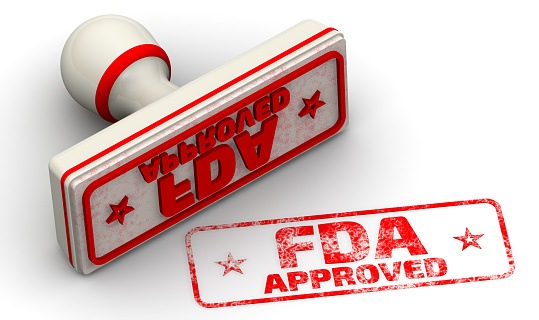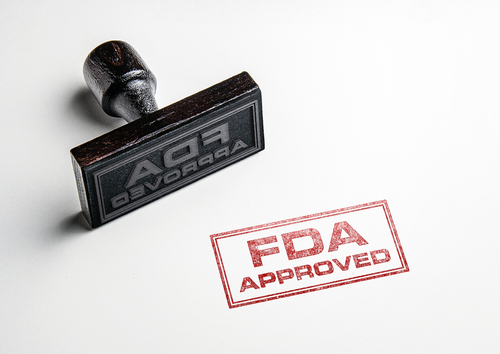
The Food and Drug Administration (FDA) granted approval to Pfizer’s Abrilada (adalimumab-afzb), a biosimilar to Humira (adalimumab). This is the FDA’s ninth approved biosimilar this year.
The approval comes on the heels of 26-week results from a study comparing the two drugs in the treatment of biologic-naïve patients with active rheumatoid arthritis (RA) with persistent disease despite treatment with methotrexate; these findings were published in Arthritis Research & Therapy.
The study was a double-blind, randomized trial. RA patients were randomized 1:1 to receive adalimumab-afzb or adalimumab in conjunction with methotrexate. The main outcome measure was 12-week American College of Rheumatology 20% improvement (ACR20). Therapeutic equivalence was defined as “two-sided 95% confidence interval (CI) for the ACR20 difference between the two arms was entirely contained within the symmetric equivalence margin (±14%). Additionally, a two-sided 90% CI was calculated by using an asymmetric equivalence margin (−12%, 15%).” Secondary outcome measures included 26-week ACR20/50/70 change from baseline Disease Activity Score based on high-sensitivity C-reactive protein [DAS28–4(CRP)], European League Against Rheumatism (EULAR) response, DAS28–4(CRP) <2.6, and ACR/EULAR remission. In the study, adalimumab-afzb is referred to as PF-06410293, and adalimumab as adalimumab-EU.
Final analysis included 597 patients (mean age, 52.5 years; 78.7% were female) with a mean baseline disease duration of 6.8 years. Mean baseline DAS28-4(CRP) values did not significantly differ between the groups (adalimumab-afzb, 5.9 vs. adalimumab, 6.1). At week 12, ACR20 was achieved by 68.7% of the adalimumab-afzb group and 72.7% of the adalimumab group in the intent-to-treat population. “With non-responder imputation, the treatment difference in week-12 ACR20 was −2.98% and corresponding CIs—95% CI (−10.38%, 4.44%) and 90% CI (−9.25%, 3.28%)—were entirely contained within the equivalence margins (symmetric and asymmetric, respectively),” wrote the study authors.
Secondary outcomes did not largely differ between the groups. during the initial 26 weeks, the adalimumab-afzb and adalimumab groups had similar rates of injection-site reactions (1.7% vs. 2.0%), hypersensitivity events (4.4% vs. 8.4%), pneumonia (0.7% vs. 2.0%), and opportunistic infections (2.4% vs. 1.7%). One death was reported in the adalimumab group due to myocardial infarction. Anti-drug antibody incidences were similar between the adalimumab-afzb (44.4%) and adalimumab groups (50.5%).
“Results from the first 26 weeks of dosing demonstrated no clinically meaningful differences in efficacy, safety, immunogenicity, [pharmacokinetics], or [pharmacodynamics] between PF-06410293 and adalimumab-EU in patients with active RA,” the study authors concluded. “Upcoming data from the subsequent 6 months of the trial will provide additional efficacy, safety, and immunogenicity information, including data on patients after a blinded transition from adalimumab-EU to PF-06410293 and those who receive a total of 1 year of treatment with either PF-06410293 or adalimumab-EU.”







 © 2025 Mashup Media, LLC, a Formedics Property. All Rights Reserved.
© 2025 Mashup Media, LLC, a Formedics Property. All Rights Reserved.